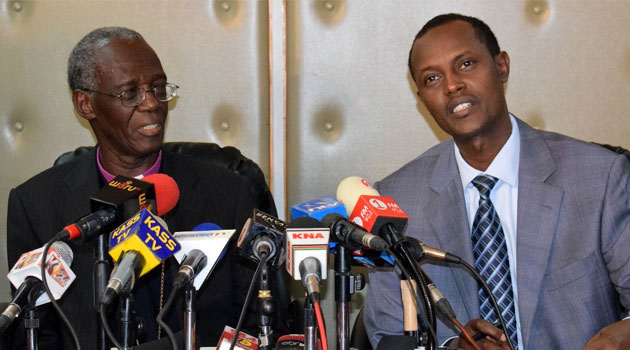
A survey shows that Many Kenyans do not report corruption to authorities because they believe or know no action will be taken, a report by the national anti-graft watchdog says.More than 27 per cent of Kenyans who witnessed bribery and other forms of corruption said they did not lodge any complaint, the report released by the Ethics and Anti-Corruption (EACC) on Monday in Nairobi shows.
According to the survey, 26.1 percent said intimidation was the main reason why they chose not to report corruption. Another 15.6 per cent said they did not know where to report such cases while 15.4 percent said they just did not think of reporting violation of ethics.
Most of the Kenyans who chose to report corruption went to police (30.40 per cent), senior management of various institutions (21 per cent) and chief’s office, most in rural areas, at 18 per cent.
Other cases were reported at community meetings, Huduma centres, Law Society of Kenya, governor’s offices, religious leaders/ kadhis court’s amongst others. But to the dismay of EACC, 55.8 per cent of those who reported the vice said that no action was taken, killing their morale.

Some 14.2 per cent of those who reported the case said investigation were undertaken but in those cases, the suspects and accused officers were just given a mere warning. While giving reasons why corrupt officers have not been jailed, EACC Chief Executive Officer Halakhe Waqo cited lack of goodwill from stakeholders.
“We cannot just punish anybody or recommend an action to the Director of Public Prosecutions without obtaining sufficient evidence. Most of those accused always use their position to scuttle our plans,” he said.
The report further revealed that potential harassment and reprisal was the main reason why majority of issues involving corruption were not being reported for investigation, at 77.6 per cent.
Another 72 per cent said they failed to report because they did not have sufficient evidence.
Other reasons given for non-action on corruption were complexity in reporting, including fear of arrest and long distances to the relevant offices.

From the report, corruption has deep roots in application and issuance of birth certificates (17.3 per cent), collection and renewal of ID (14.6 per cent), medication (11. 9 per cent) and employment (5.6 per cent).
Others are land conflict and cases, collection of title deeds, reporting crime to police and writing statements.
In counties, finance and planning department was rated the most corrupt at 17.8 per cent followed by county health services, transport system and county public works department.
EACC released the 2017 National Ethics and Corruption Survey Monday morning at the KICC to provide data that will strengthen the anti-corruption strategy in the country.
The survey covered 47 counties with 5977 household respondents and was conducted from 18th September to 24th October 2017.

EACC Chairman Eliud Wabukala said 63.5 of the respondents interviewed said they sought government services in form of asking for information, assistance, requesting for a document or other administrative procedures in the last (12) months. Wabukala said the survey shows an increase in public interest in the fight against corruption. “Our aim is to root out corruption in the country. Kenyans should suggest ways to do this, since war against corruption is our common responsibility,” Wabukala said.
In the most corrupt institutions category, Kenya Police was ranked first followed by Public Hospitals (9.8), Kenya Revenue Authority (8.2), National Land Commission (7.3), National Transport and Safety Authority (4.9) and Immigration Department (4.3). Media effectiveness was also part of the survey, with over 77 percent of respondents saying the media was doing enough to fight corruption and unethical behavior in the country compared to 14.8 percent who presented a contrary view. In this survey, corruption emerged as the leading problem facing the country at 43.6 percent, Poverty (37 percent) came second followed by Unemployment (32.2), Unfavorable economic conditions (22.2) and political instability (21.8)